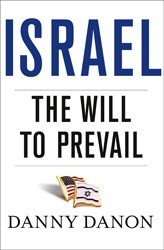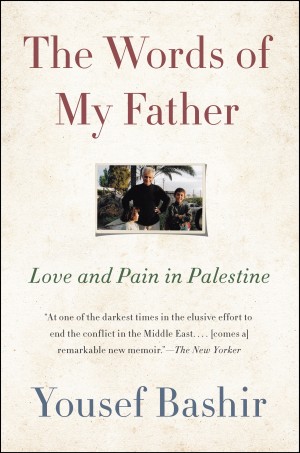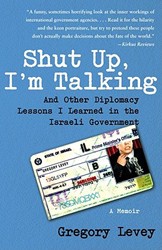The word “candid” does best describe the author’s intent in delineating the particular aspects of life as a career diplomat for the State of Israel. In short chapters, Herzl discusses each of the topics a diplomat has to deal with — some mundane, some official, such as “Credentials” or “Bodyguards” or “Neutrality” and diplomatic “Immunity” — and then illustrates them with personal experiences. Her unique personal aspects (being a single, Orthodox woman) also factor into some of her descriptions.
Herzl, born in Israel in 1952 to Holocaust survivor parents from Hungary, was educated in South Africa, where her parents were Hebrew teachers for several years, which accounts for her fluency in English. Her diplomatic postings included Riga, Latvia, Washington, D.C. and Pretoria, South Africa. She notes, somewhat ironically, that while she is often introduced as having served in Washington (two postings), she considers her accomplishments in Riga, where she was also the non-resident ambassador to Lithuania and Estonia, and where she had to function with a translator, to have been of greater impact. In Washington, she was part of a large Israeli diplomatic contingent, while in Latvia and the adjacent Baltic States she was the sole representative of the State of Israel.
The formalities of presentation of credentials, receptions, holiday greetings, and dealing with governmental officials are all dictated by protocol, which exercises a heavy degree of control. The daily tasks of dealing with the postal system for transportation of classified materials, handling bodyguards, or managing an official residence single-handedly are all part of the skills required of a career diplomat. Added to that is the constant responsibility to represent Israel both to the host country and to other countries’ diplomats, as well as to establish contact with the local Jewish community and to report back to the Foreign Minister’s office in Israel. Herzl provides many interesting anecdotes of her experiences in each of these spheres. She notes, as well, that normal posting time is three to five years to prevent what in Washington is known as “clientitis, the disease of overidentification with the host country.” Herzl reiterates her responsibility not to confuse personal preferences with professional positions.
The author’s perspective on Avrum Berg’s visit to Congress in 2000, on Jonathan Pollard, and, especially, on the 2002 meeting in Durban, South Africa of the United Nations World Conference Against Racism provide interesting insights into the highly charged agendas of several NGO’s (non-governmental organizations) all intent on labeling Israel as an apartheid state. The chapter on the illegal organ donor trade, which describes the attempt to hoodwink the embassy into “notarizing” an illegal document in order to facilitate the transplant in a South African hospital that would not be possible without it, is an example of what an ambassador has to deal with that often involves the local Jewish community.
Tova Herzl has written an interesting memoir about a fascinating career that has lots of un-fascinating parts to it. She has obviously been a hardworking professional with few personal issues that detracted from her commitment. While most people consider the diplomatic corps a “glamorous” life, it has many aspects that are not glamorous at all, but the author is candid about both these humdrum realities and her personal life as a single, religiously-observant person, and conveys a sense of satisfaction in having carried out her mandate with skill and grace.
Related Content:





